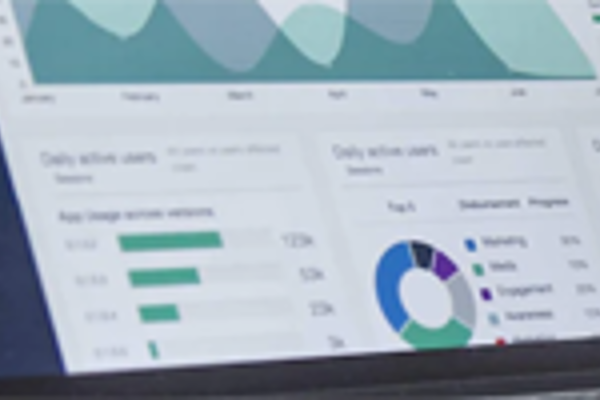European Commission's Progress Report
While the statistical infrastructure continues to be largely aligned with the European acquis, the level of human resources at the State Statistical Office (SSO) poses a significant challenge for efficient implementation. Data transmission to Eurostat has improved during the reporting period, notably in the areas of national accounts, sectoral statistics and price indices

Chapter 18: Statistics
European statistics are developed, produced and disseminated by EU Member States, guided
by the principles and quality criteria elaborated in the Regulation on European statistics, such
as professional independence, impartiality, reliability, accessibility and statistical
confidentiality. Common rules are provided for the methodology, production and dissemination
of statistical information, which are further specified in sectoral legislation that constitute the
EU acquis on statistics.
While the statistical infrastructure continues to be largely aligned with the European acquis,
the level of human resources at the State Statistical Office (SSO) poses a significant
challenge for efficient implementation. Data transmission to Eurostat has improved during
the reporting period, notably in the areas of national accounts, sectoral statistics and price
indices.
On classifications and registers, the national standard NACE was updated to align with
NACE Rev 2.1 and has started to be implemented since January 2025.
In the area of macroeconomic statistics, annual and quarterly accounts series have been
updated and improved. National Accounts and the compilation of Gross National Income
(GNI) are based on the European System of National and Regional Accounts 2010 (ESA
2010) standards. The State Statistical Office (SSO) has continued the regular transmission
of GNI and GDP data to Eurostat under the ESA 2010 transmission programme. However,
further improvements are required, particularly the updating of the GNI inventory which
poses continuous work for the SSO. The recommendations from the previous report have
not been addressed, as the excessive deficit procedure (EDP) and government finance
statistics (GFS) are still not published.
Business and trade statistics continue to be collected regularly, especially short-term
statistics for industry and structural business statistics. Further work is required to improve
data collection and direct reporting on international trade in services.
As regards social statistics, accuracy increased following revision of intercensal population
estimates based on the 2021 census results, and improvements were made in transmission
of labour market statistics. Some progress has been made regarding the survey on Income
and Living Conditions (EU-SILC) with improved data transmission and the implementation of
recommendations and guidelines for survey design.
On agricultural statistics, integrated farm statistics should be completed. Work is ongoing
to carry out an agricultural census in 2026, based on a pilot census in 2022.
In the area of energy and environmental statistics, forest accounts were transmitted to
Eurostat for the first time.
European Commission's Progress Report, 2025
European Commission's Progress Report, 2022
European Commission's Progress Report, 2021
European Commission's Progress Report, 2020
European Commission's Progress Report, 2019
European Commission's Progress Report, 2018
European Commission's Progress Report, 2016
European Commission's Progress Report, 2015
European Commission's Progress Report, 2014
European Commission's Progress Report, 2013
European Commission's Progress Report, 2012
European Commission's Progress Report, 2011
European Commission's Progress Report, 2010
European Commission's Progress Report, 2009